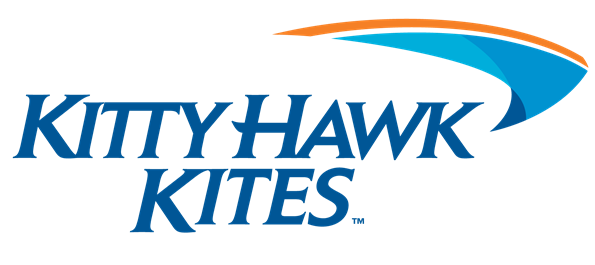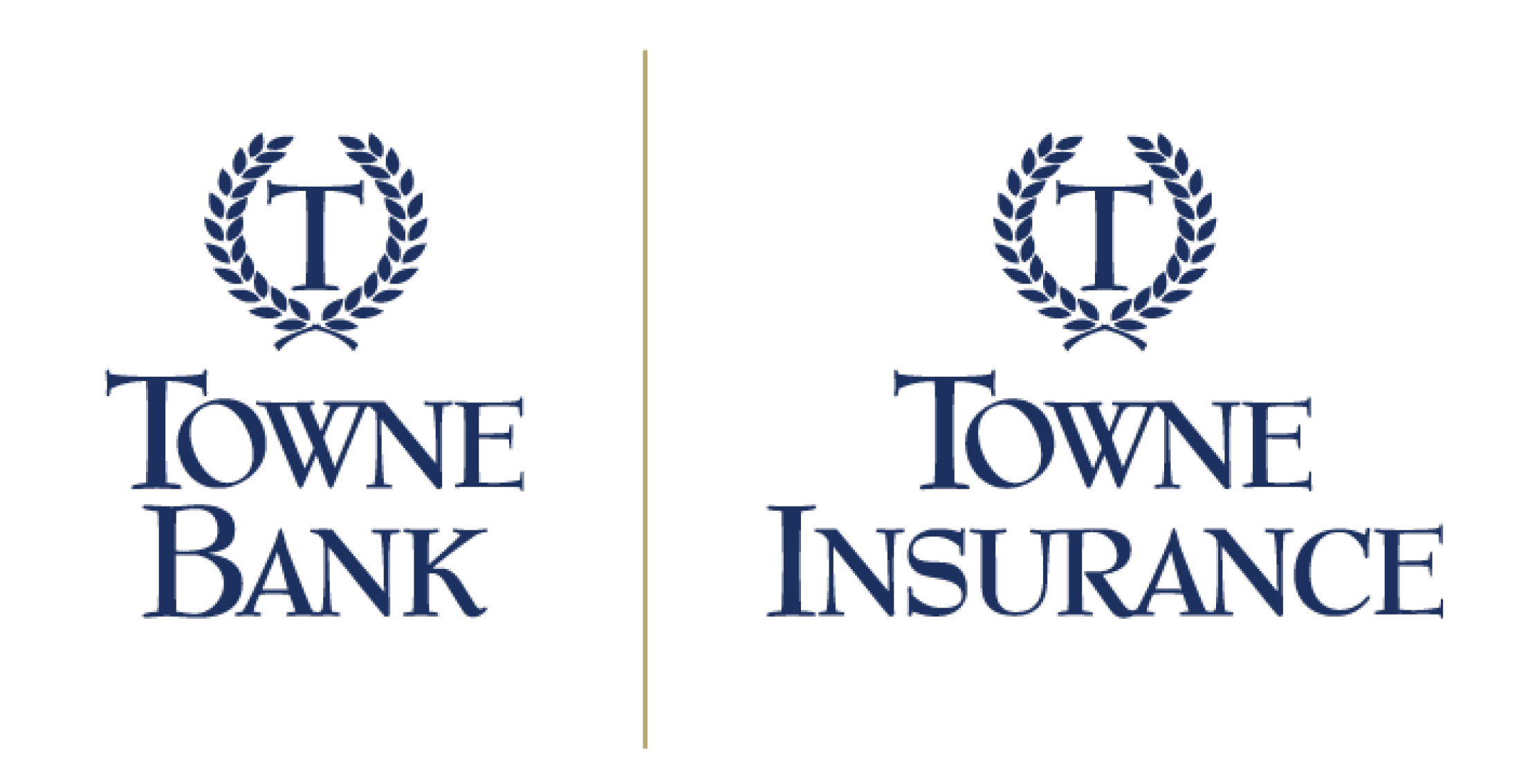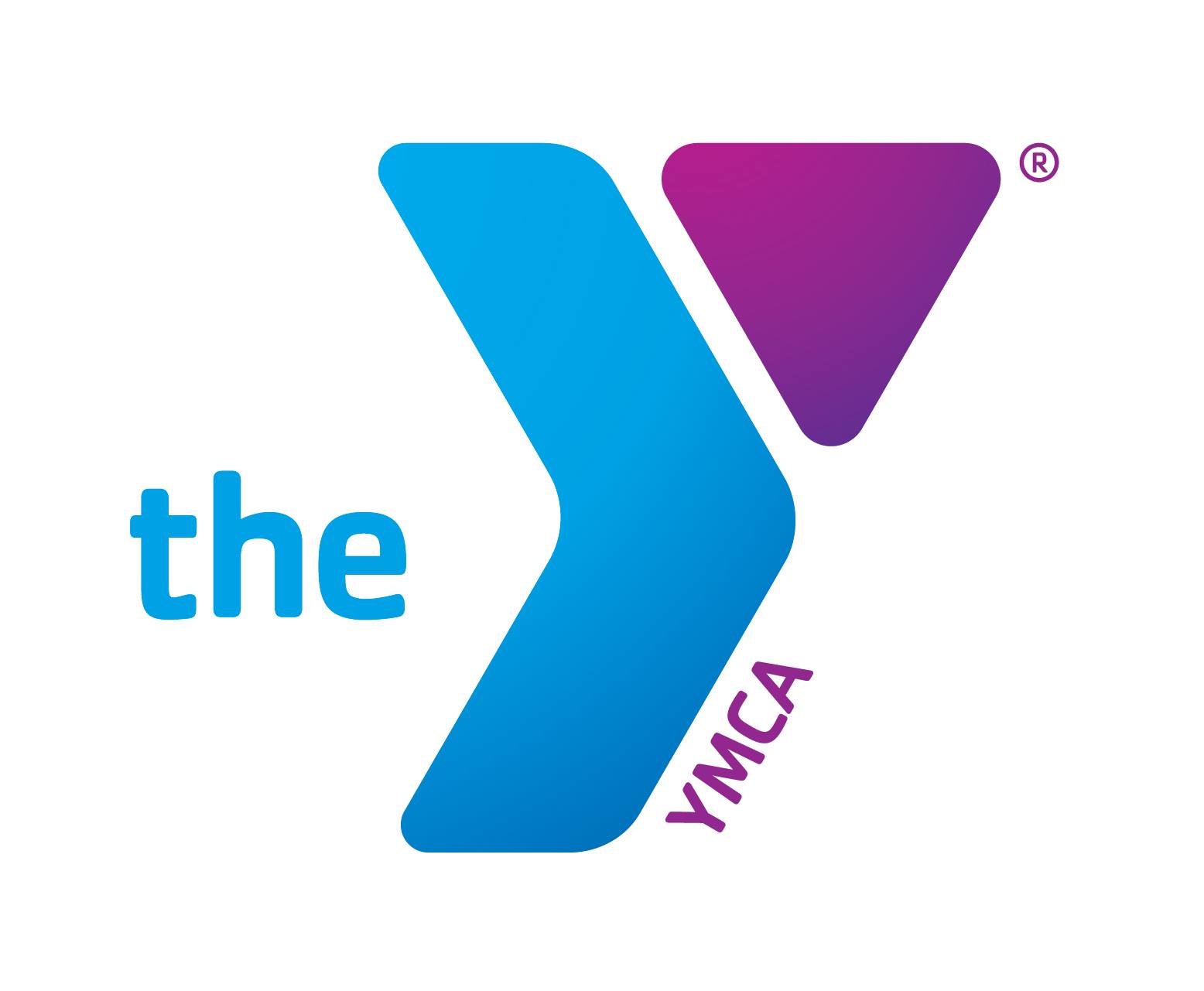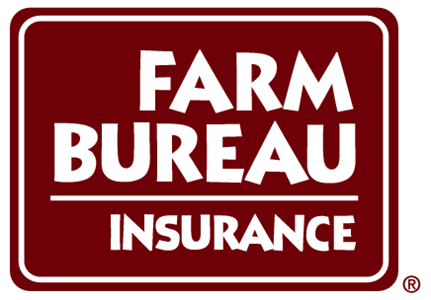IRS reminds heavy vehicle owners of Aug. 31 highway use tax return deadline
IRS YouTube Video:
Truckers: Mark Your Calendars To File Form 2290
WASHINGTON — The Internal Revenue Service reminds those who have registered, or are required to register, large trucks and buses that it’s time to file Tax Year 2021 Form 2290, Heavy Highway Vehicle Use Tax Return. The deadline to file and pay is Aug. 31, 2021, for vehicles used on the road during July 2021.
The highway use tax applies to highway motor vehicles with a taxable gross weight of 55,000 pounds or more. Taxpayers unsure if they must file can use the IRS online tool, “Do I Need to Pay the Heavy Highway Vehicle Use Tax?” The question-and-answer format helps owners determine if they are required to pay the highway use tax. The “Understanding Form 2290 – Heavy Highway Vehicle Use Tax” recorded webinar is also available.
Taxpayer Bill of Rights: The ten rights of every taxpayer
America’s taxpayers have specific rights when they interact with the IRS. These ten rights are known collectively as the Taxpayer Bill of Rights.
These rights cover a wide range of topics and issues and lay out what taxpayers can expect in the event they need to work with the IRS on a personal tax matter. This includes when a taxpayer is filing a return, paying taxes, responding to a letter, going through an audit or appealing an IRS decision.
Here are the rights outlined in the Taxpayer Bill of Rights
- The Right to Be Informed
2. The Right to Quality Service
3. The Right to Pay No More than the Correct Amount of Tax
4. The Right to Challenge the IRS’s Position and Be Heard
5. The Right to Appeal an IRS Decision in an Independent Forum
6. The Right to Finality
7. The Right to Privacy
8. The Right to Confidentiality
9. The Right to Retain Representation
10. The Right to a Fair and Just Tax System
More Information:
Publication 1, You Rights as a Taxpayer
Taxpayer Advocate Service
IRS cautions taxpayers about fake charities and scammers targeting immigrants
The IRS continues to observe criminals using a variety of scams that target honest taxpayers. In some cases, these scams will trick taxpayers into doing something illegal or that ultimately causes them financial harm. These scammers may cause otherwise honest people to do things they don't realize are illegal or prey on their good will to steal their money.
Fake charities
Taxpayers should be on the lookout for scammers who set up fake organizations to take advantage of the public's generosity. Scammers take advantage of tragedies and disasters.
Scams requesting donations for disaster relief efforts are especially common over the phone. Taxpayers should always check out a charity before they donate, and they should not feel pressured to give immediately.
Taxpayers who give money or goods to a charity may be able to claim a deduction on their federal tax return by reducing the amount of their taxable income. However, to receive a deduction, taxpayers must donate to a qualified charity. To check the status of a charity, they can use the IRS Tax Exempt Organization Search tool. It's also important for taxpayers to remember that they can't deduct gifts to individuals or to political organizations and candidates.
Here are some tips to help taxpayer avoid fake charity scams:
- Individuals should never let any caller pressure them.A legitimate charity will be happy to get a donation at any time, so there's no rush. Donors are encouraged to take time to do their own research.
- Confirm the charity is real.Potential donors should ask the fundraiser for the charity's exact name, website and mailing address, so they can confirm it later. Some dishonest telemarketers use names that sound like well-known charities to confuse people.
- Be careful about how a donation is made.Taxpayers shouldn’t work with charities that ask for donations by giving numbers from a gift card or by wiring money. That's a scam. It's safest to pay by credit card or check — and only after researching the charity.
For more information about fake charities see the Federal Trade Commission web site.
Immigrant fraud
IRS impersonators and other scammers often use threats and intimidation to target groups with limited English proficiency.
The IRS phone impersonation scam remains a common scam. This is where a taxpayer receives a phone call threatening jail time, deportation or revocation of a driver's license from someone claiming to be with the IRS. Recent immigrants often are the most vulnerable. People need to ignore these threats and not engage the scammers.
A taxpayer’s first contact with the IRS will usually be through mail, not over the phone. Legitimate IRS employees will not threaten to revoke licenses or have a person deported. These are scare tactics.
New multilingual resources available
The IRS has added new features to help those who are more comfortable in a language other than English. The Schedule LEP allows a taxpayer to select in which language they wish to communicate. Once they complete and submit the schedule, they will receive future communications in that selected language preference.
The IRS is providing tax information, forms and publications in many languages other than English. IRS Publication 17, Your Federal Income Tax, is now available in Spanish, Chinese simplified and traditional, Vietnamese, Korean and Russian.
Security Summit: Tax pros should encourage clients to obtain IP PINs to protect against tax-related identity theft
WASHINGTON – Internal Revenue Service Security Summit partners today called on tax professionals to increase efforts to inform clients about the Identity Protection PIN Opt-In Program that can protect against tax-related identity theft.
The IRS, state tax agencies and the nation’s tax industry – working together as the Security Summit – need assistance from tax professionals to spread the word to clients that the IP PIN is now available to anyone who can verify their identity.
Sharing information about the IP PIN Opt-In Program is the second in a five-part weekly series sponsored by the Summit partners to highlight critical steps tax professionals can take to protect client data. This year’s theme “Boost Security Immunity: Fighting Against Identity Theft” is an effort to urge tax professionals to intensify efforts to secure their systems and protect client data during this pandemic and its aftermath.
“An Identity Protection PIN prevents someone else from filing a tax return using your Social Security number,” said Chuck Rettig, IRS commissioner. “We’ve now made the IP PIN available to anyone who can verify their identity. This is a free way for taxpayers to protect themselves, but we need the help of tax professionals to make sure more people know about it.”
The IRS created Publication 5367, IP PIN Opt-In Program for Taxpayers, in English and Spanish, so that tax professionals could print and share the IP PIN information with clients. There are also special posters available in English and Spanish.
H&R Block Moyock 252-435-1040. Closed for season please call Elizabeth City H&R Block 252-338-2157.




















